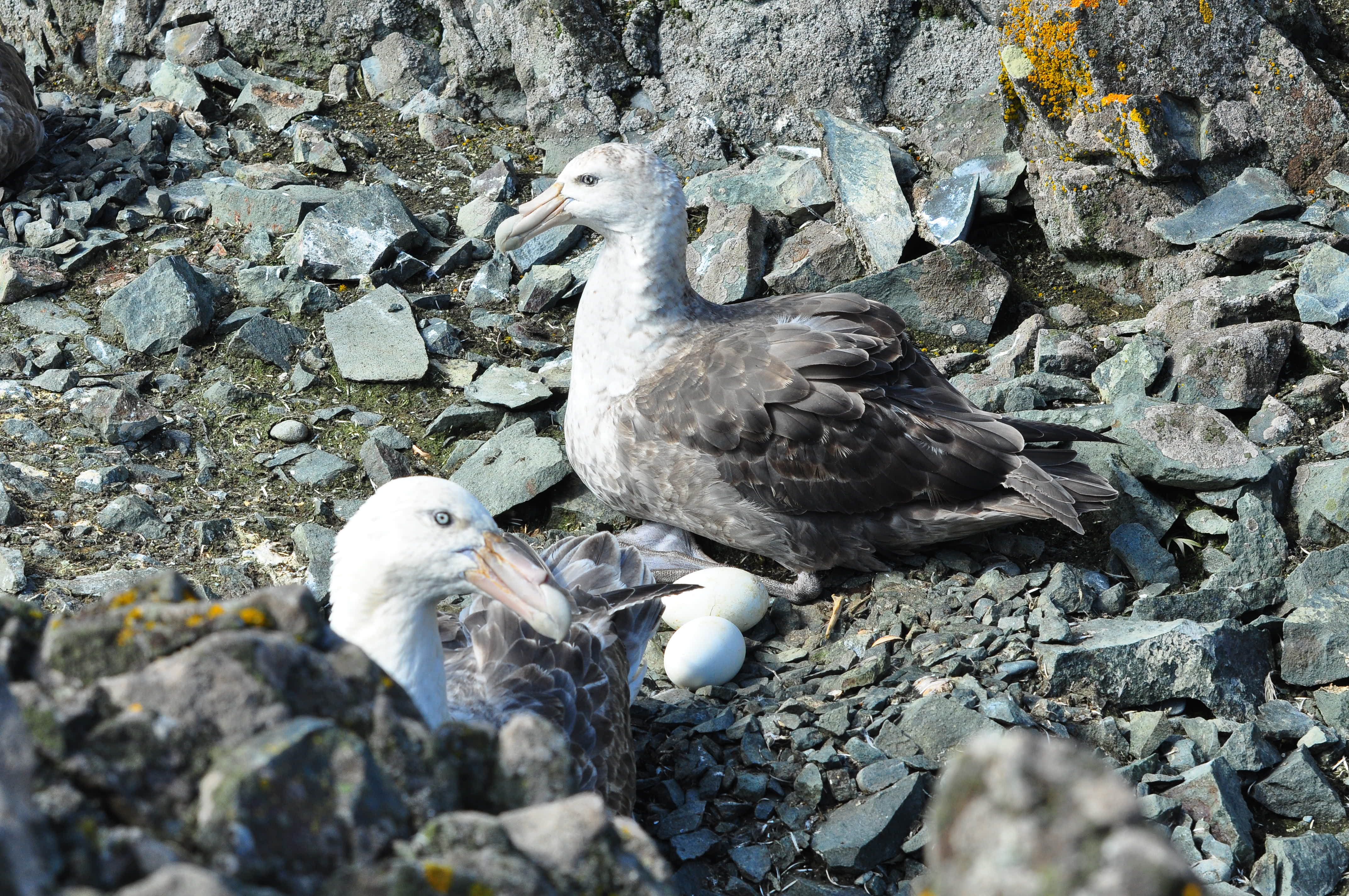
Protocols and guidance documents for H5N1 Highly Pathogenic Avian Influenza (HPAI) have been released by the Governments of the Falkland Islands/Islas Malvinas* (FIG) and South Georgia and the Sandwich Islands/Islas Georgias del Sur y Islas Sandwich del Sur* (GSGSSI).
There were no reports of HPAI over the 2022/2023 season, however, with wide-spread outbreaks occurring across South America this year, there is increased concern the virus will arrive in the region in the 2023/2024 season.
The Falkland Islands’ Avian influenza Guidance Booklet and the Government of South Georgia & South Sandwich Islands’ Biosecurity Handbook provide detailed information on HPAI for a range of stakeholders. Such information includes, signs and symptoms, assessing the risk of HPAI and detecting its presence, reporting requirements, biosecurity procedures, and more.
The documents are available here:
- South Georgia/Islas Georgias del Sur*: https://www.gov.gs/biosecurity-handbook-update-released/ and here: https://www.gov.gs/docsarchive/environment/#tab-3)
- Falkland Islands/Islas Malvinas*: https://falklands.gov.fk/agriculture/avian-influenza
The Scientific Committee on Antarctic Research (SCAR), the Council of Managers of National Antarctic Programs (COMNAP), the Committee for Environment Protection (CEP) and the International Association of Antarctica Tour Operators (IAATO) stated on the SCAR website of their “[concern] about the heightened risk of Highly Pathogenic Avian Influenza (HPAI) outbreaks in Antarctica in the 2023/24 season and the devastating impacts it could have on the region’s unique wildlife.”
The SCAR Antarctic Wildlife Health Network (AWHN) also published a paper, Biological Risk Assessment of Highly Pathogenic Avian Influenza in the Southern Ocean, describing this deepening threat.
ACAP’s Co-convenor of the Agreement on the Conservation of Albatrosses and Petrels’ Population and Conservation Status Working Group (PaCSWG) and Environmental Analyst for Brazil’s National Centre for Research and Conservation of Wild Birds, Patricia Serafini, has co-authored a set of guidelines for working with albatrosses and petrels during an outbreak of HPAI which are available to download at the ACAP website under Conservation Guidelines.
04 October 2023
*A dispute exists between the Governments of Argentina and the United Kingdom of Great Britain and Northern Ireland concerning sovereignty over the Falkland Islands (Islas Malvinas), South Georgia and the South Sandwich Islands (Islas Georgias del Sur y Islas Sandwich del Sur) and the surrounding maritime areas.

 English
English  Français
Français  Español
Español